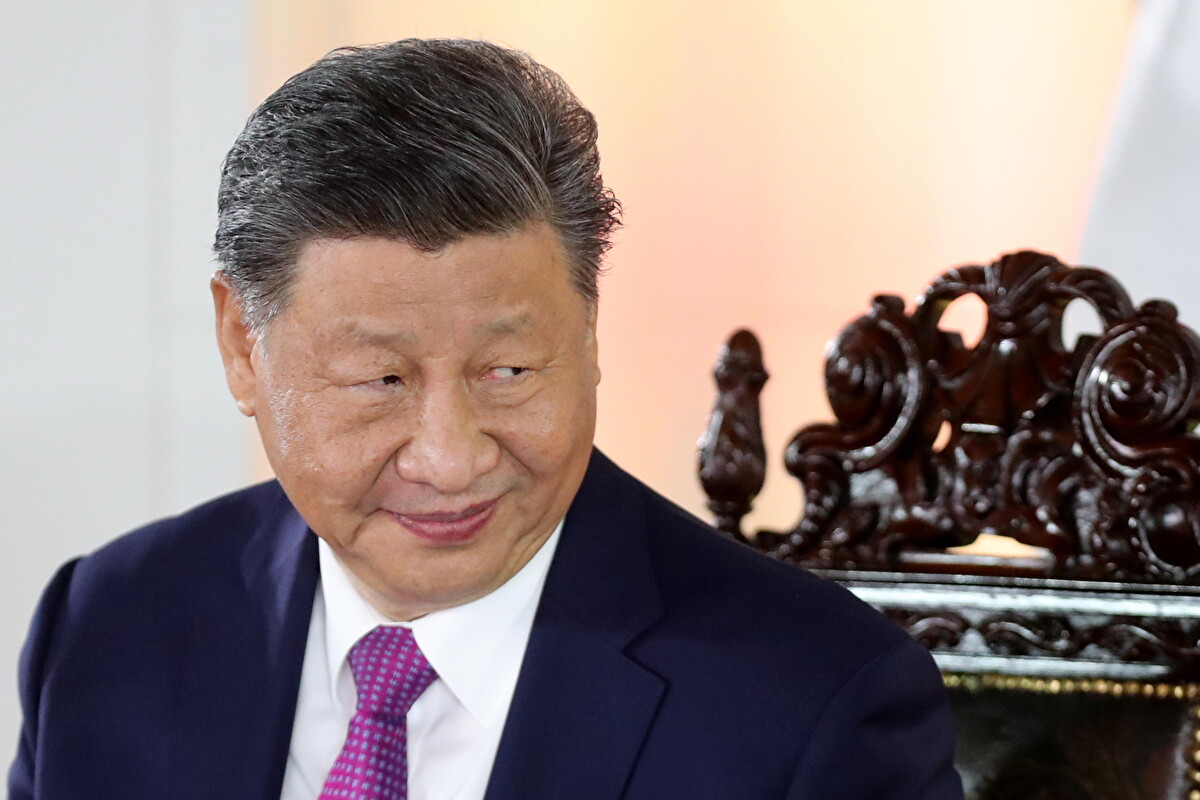Mount Sinai Morningside hospital’s 16-bed Post-Anesthesia Care Unit, designated for patients post-surgery, is contractually committed to having a minimum of eight nurses during its 11 a.m. shift. These nurses play a crucial role in tasks such as monitoring vital signs and administering pain medication, as outlined in the agreement with the New York State Nurses Association.
However, the hospital fell short of this requirement 203 times in the past year, with 36 days witnessing only four or five available nurses, according to an arbitrator’s findings in response to a case brought by the unionized nurses. Despite the acknowledgment of Mount Sinai’s efforts to recruit additional nurses, an arbitrator on January 7 mandated the hospital to pay a penalty of nearly $250,000 for persistent understaffing, breaching the union contract.
In a noteworthy development, the New York State Nurses Association and the Federation of Nurses/UFT began securing cash payments in 2023 for complaints regarding understaffing, marking a departure from previous practices. These financial awards are directed to nurses who worked during understaffed shifts.
The New York State Nurses Association has achieved success in obtaining almost $1 million in penalties against Mount Sinai Hospital, Mount Sinai Morningside, and Montefiore Medical Center since May. The Federation of Nurses/UFT also secured financial awards in two cases against NYU Langone Brooklyn last month, with the specific amounts pending calculation. While arbitration cases remain private, the unions, representing a collective 58,000 nurses statewide, express optimism about the potential impact on addressing hospital understaffing, a concern linked to adverse outcomes, including higher mortality rates.

Union leaders believe that this new approach serves as a valuable tool to exert pressure on hospitals. Matthew Allen, president of the New York State Nurses Association’s local bargaining unit at Mount Sinai Hospital, highlighted the positive impact on staffing ratios in a step-down unit after a substantial award for an understaffing complaint. Although progress varies across cases, the unions assert that the trend indicates a shift in favor of enforcing financial penalties.
Representatives for the implicated hospital systems acknowledge the challenges they face in filling vacancies amidst a nationwide nursing workforce shortage. They emphasize their commitment to bolstering staff levels. Union representatives attribute the progress observed with cash awards to recent contractual provisions and an increasing willingness among arbitrators to impose financial penalties. Notably, nurses at Mount Sinai Hospital and Montefiore Medical Center gained the right to pursue financial compensation for understaffing after a work stoppage a year ago.
Anne Goldman, head of the Federation of Nurses/UFT, expresses confidence that the ongoing legal actions focused on staffing issues will drive the sought-after change through consistent enforcement. The unions maintain an active schedule of cases addressing short staffing, aiming to leverage these legal efforts to bring about tangible improvements in staffing conditions.












